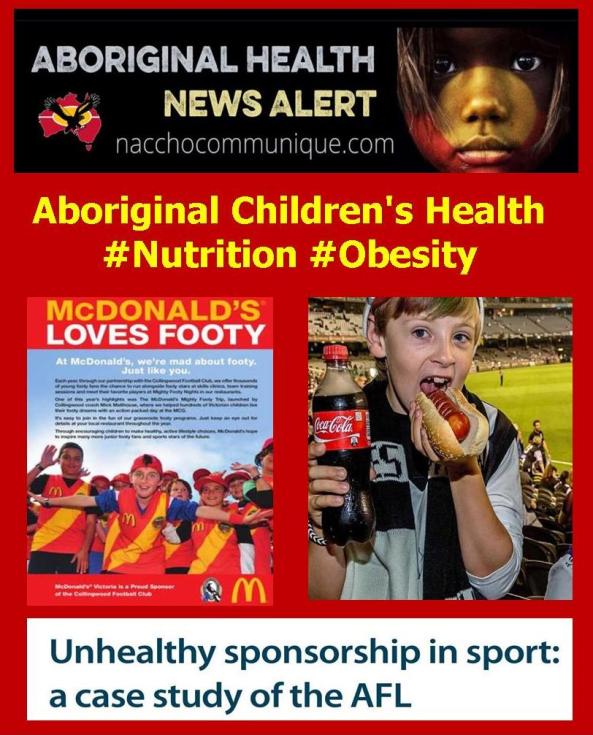“As we edge closer to the federal election, it’s critical our parties consider what public health successes we must achieve next, and how they can lead on issues such as Aboriginal and Torres Strait Islander health, obesity, nutrition, environmental and ecological issues such as climate change, and advancing health equity.”
PHAA CEO Terry Slevin
Today the Public Health Association Australia (PHAA) launched its new report, the Top 10 Public Health Successes Over the Last 20 Years at Australian Parliament House.
PHAA CEO Terry Slevin stated, “Public health initiatives have prevented an extraordinary amount of ill health and death in our communities – there is a saying in our field that nurses and doctors save lives, and public health professionals also save lives – they just do so a million at a time.”
The report has been compiled by Australia’s leading public health experts, and the top ten achievements are presented in no particular order as they are all considered to have been of equal importance to Australian public health.
The top ten public health successes include:
- Folate: reduced neural tube defects
- Immunisation and eliminating infectious disease
- Containing the spread of HPV and its related cancers
- Oral health: reduced dental decay
- Reduced incidence of skin cancer
- Tobacco control: reduced deaths caused by smoking
- Reduced the road death and injury toll
- Gun control: reduced gun deaths in Australia
- Contained the spread of HIV
- Prevented deaths from bowel and breast cancer
Download the PHAA report HERE
PHAA Top 10 Public Health Successes_FINAL
“This report paints a clear picture of exactly which programs and initiatives have had the greatest impact – from cancer screening to vaccines, from road safety to tobacco control. These have all saved thousands of lives and protected the health of millions of Australians.”
“Public health is about preventing or minimising harm – it is always better than cure. We aim to intervene before illness, death or injury occurs, creating safe and healthy environments for all Australians. This is why in public health, we’re for birthdays,” Mr Slevin said.
“We aspire to give Australians more birthdays (five more for each person is our starting goal) and other important celebrations – weddings, births, graduations – all of the significant milestones we value in life. Perhaps most importantly, we want Australians to be healthy enough to really enjoy these extra years and milestones,” Mr Slevin said.
“So the next question we ask is, who will be the policy leaders and decision makers to help us achieve this aspiration? The report acknowledges key decision makers at the federal, state and territory government levels who were instrumental in making the top ten public health successes happen.”
“As we edge closer to the federal election, it’s critical our parties consider what public health successes we must achieve next, and how they can lead on issues such as Aboriginal and Torres Strait Islander health, obesity, nutrition, environmental and ecological issues such as climate change, and advancing health equity.”
The UK has just released a new preventive health vision statement proving that western conservative governments can prioritise prevention. This is key not just because it is the most effective form of public health practice, but also the most economically sound.
“Preventive public health measures are often cheap to implement and more than pay for themselves through reduced health care costs and increased productivity through keeping people out of hospitals.”
“Public health investment in Australia currently amounts to less than 2% of the national health budget, and has been generally declining since at least 2001. It is essential we allocate adequate resources to public health programs and initiatives to build a healthier population, stem the tide of chronic disease that is enveloping the nation, and reduce future health expenditure,” Mr Slevin said.
“We owe it to ourselves and to our children to look back in twenty years’ time and say we did all we could.”









